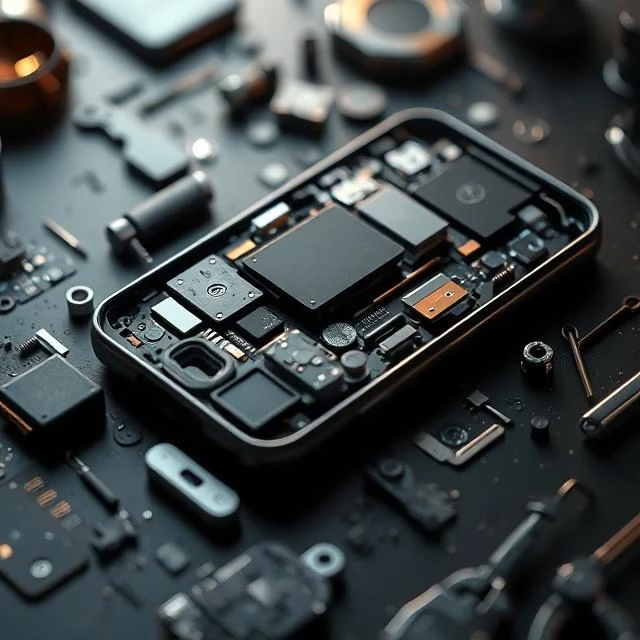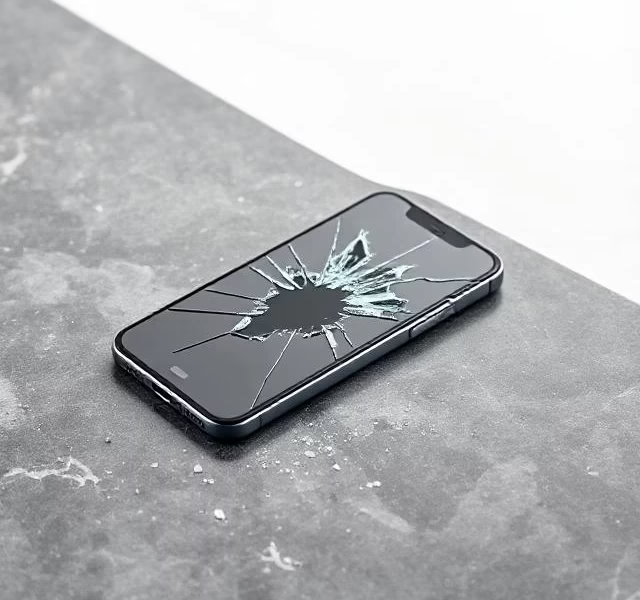Is It Worth It? Evaluating Phone Insurance
Have you ever accidentally dropped your phone, only to watch in horror as the screen shattered upon impact? In today’s digital age, smartphones have become indispensable, serving as communication tools, personal assistants, and entertainment devices. However, with these devices’ increased functionality and sophistication comes a higher price tag, making the decision to purchase insurance for your phone a significant one. Many consumers find themselves grappling with this dilemma: Is it worth investing in insurance for my telephone, or is it simply a waste of money? Let’s explore this question by examining the various factors that impact the value of phone insurance.
Understanding Phone Insurance: A Comprehensive Overview
To determine whether phone insurance is worth the investment, it’s crucial to understand what it entails. Phone insurance is a service agreement that provides coverage against accidental damage, theft, loss, and sometimes technical malfunctions. Policies can vary significantly in terms of coverage, cost, and the claims process.
| Coverage Type | Details | Limitations |
|---|---|---|
| Accidental Damage | Covers physical damages like screen cracks | May not cover water damage |
| Theft | Provides replacement for stolen devices | Requires a police report |
| Loss | Offers a replacement if the device is lost | Higher premiums often apply |
| Technical Malfunctions | Includes coverage for hardware failures | Does not cover software issues |
These policies are designed to mitigate the financial burden of repairing or replacing expensive devices, but they come with their own set of terms and conditions. Understanding these can help consumers make an informed decision.
The Cost and Benefits of Phone Insurance

One of the primary considerations when evaluating phone insurance is the cost. Insurance premiums can range from a few dollars to upwards of twenty dollars a month, depending on the plan and the device’s value. The benefits include peace of mind, financial protection, and access to expedited repairs or replacements.
However, it’s essential to weigh these benefits against the out-of-pocket costs. The deductible, which is the amount you must pay before the insurance kicks in, can sometimes be as high as the cost of a repair. Additionally, not all policies offer the same level of coverage, with some excluding certain types of damage or imposing strict limits on the number of claims you can make per year.
“An informed consumer is an empowered consumer. Understanding the intricacies of your insurance policy can save you both money and frustration.”
Who Needs Phone Insurance?
Not everyone may find phone insurance a worthwhile investment. Your need largely depends on your lifestyle, the likelihood of damage, and your financial situation. For those with a history of dropping or losing phones, insurance might be a prudent choice. Similarly, individuals who travel frequently and are at a higher risk of theft or loss may also benefit from coverage.
Furthermore, the economic implication can be significant. If replacing your phone out-of-pocket would cause financial strain, insurance might be worth considering. Conversely, if you’re someone who tends to upgrade every year or two, you might find that taking the risk and setting aside funds for potential repairs is a more cost-effective strategy.
Comparing Policies: Key Considerations
With numerous insurance providers in the market, each offering different plans, it becomes crucial to compare policies effectively. Important factors to consider include:
1- The coverage types and limits.
2- Monthly premiums and deductibles.
3- The process for filing a claim and their customer service reputation.
4- Added benefits like theft protection or technical support.
An effective comparison should not only consider the cost but also the value and reliability of the coverage provided.
The Claims Process: An Insider Perspective
One often-overlooked aspect of phone insurance is the ease of the claims process. A cumbersome or inefficient claims process can diminish the utility of having insurance in the first place. It’s advisable to research the reputation of an insurer in terms of their response time, transparency, and ease of communication.
Typically, a claim would require documentation such as receipts, serial numbers, and sometimes a police report for cases of theft. The more streamlined this process, the less stress you’ll experience when you need to use your insurance.
Self-Insurance: An Alternative Approach

For some, the idea of “self-insurance” might be an appealing alternative. This involves saving money in a dedicated account, which can be used to cover repairs or replacement costs if necessary. This approach requires discipline but can be more cost-effective for those who rarely incur damages.
Self-insurance allows you to avoid the complexities and potential frustrations associated with traditional insurance policies. However, it’s important to evaluate your risk tolerance and ensure you have enough saved in case your phone requires immediate repair or replacement.
Debate: Is Phone Insurance Worth It?

The debate over whether phone insurance is worth the cost is largely subjective. For some, the peace of mind alone justifies the expense. For others, particularly those with reliable hardware or a low-risk lifestyle, the costs outweigh potential benefits.
Deciding whether to purchase phone insurance involves analyzing personal needs and circumstances, considering both the potential risks and the financial implications of uninsured failures. The key is finding a balance between risk aversion and financial responsibility.
FAQ – Common Questions About Phone Insurance
Is phone insurance mandatory?
No, phone insurance is an optional service that provides protection against certain risks but is not required by law.
What is typically excluded from phone insurance policies?
Exclusions often include cosmetic damage that doesn’t affect functionality, unauthorized repairs, and software issues.
How does the deductible affect my policy?
The deductible is an out-of-pocket cost you must pay before your insurance coverage kicks in. A lower deductible usually means higher premiums.
Does phone insurance cover accessories?
Most phone insurance policies cover the device itself but not accessories, although some may offer optional coverage for a higher premium.
Can I transfer my phone insurance to another device?
Insurance policies are typically tied to a specific device, but some insurers may allow transfers under specific conditions. It’s best to check with your provider.
Making an Informed Decision
In conclusion, determining whether phone insurance is worth it largely depends on individual circumstances. Carefully evaluating your lifestyle, risk factors, and financial situation will help you make an informed decision. Consider comparing policies meticulously, understanding the claims process, and even exploring self-insurance as a potential alternative. Ultimately, the right choice varies from person to person, but by arming yourself with knowledge, you can ensure your decision aligns with your personal needs and financial goals.





